|
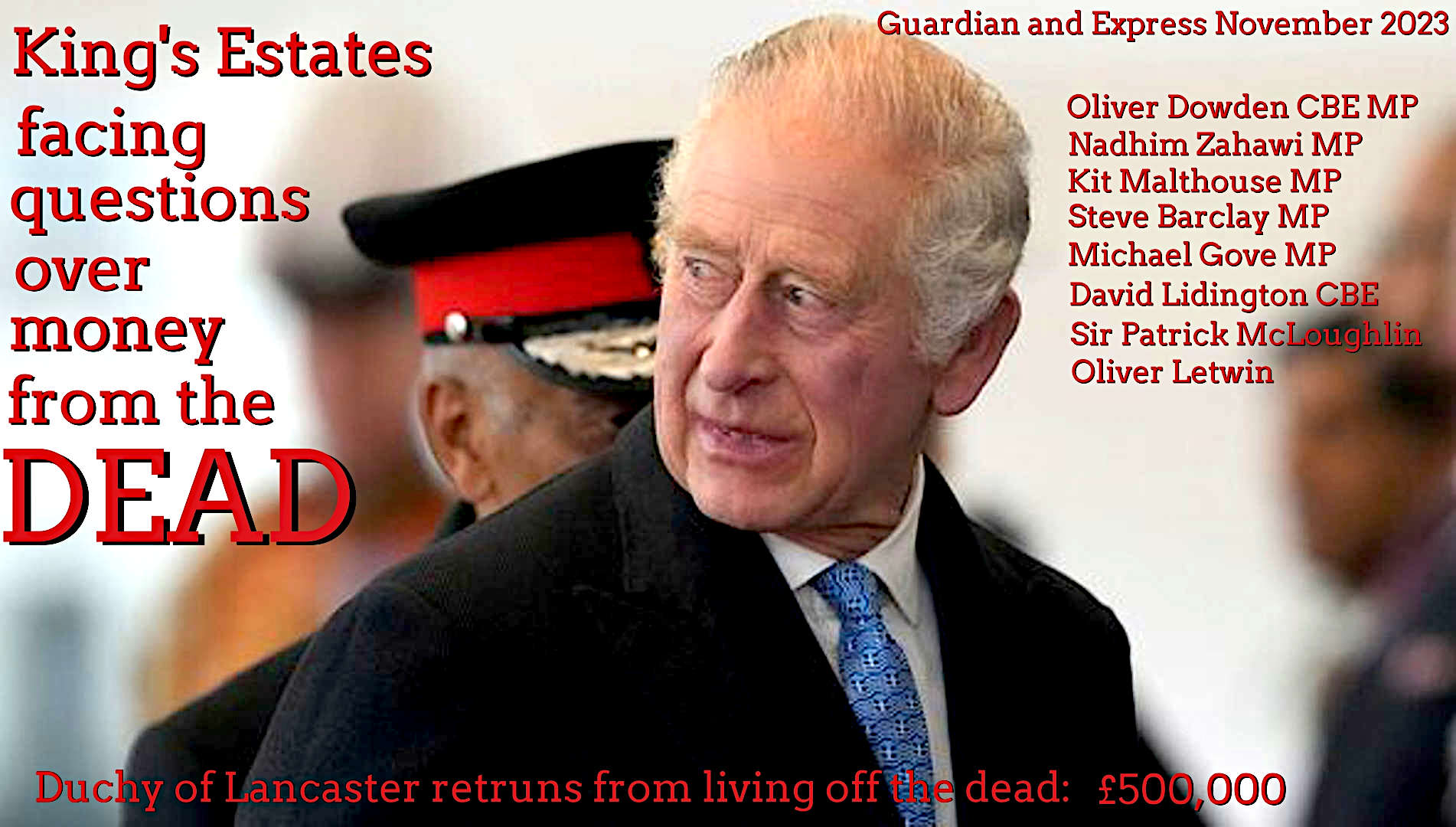
Is
there a link in mindset, between taxes and slavery, and profiting from money
from the dead?
THE GUARDIAN NOVEMBER 2023 - KING'S ESTATE FACING QUESTIONS OVER 'BONA VACANTIA' NOT DONATED TO CHARITY
Aroyal insignia shines from the heart of a stained glass window in the Savoy chapel in London. The ornate 150-seat church is tucked incongruously between the theatres of the Strand, the Savoy hotel and the Thames.
It was built on land previously occupied by a palace that was torn down during the 1381 Peasants’ Revolt against the inequities of feudalism. More than 600 years later, a remnant of that feudal system still funds the chapel.
The Duchy of Lancaster, a land and property estate that raises “private” income for the king, collects the assets of people who die with no will or known relatives hundreds of miles away in Lancashire, as well as in parts of Merseyside, Greater Manchester, Cheshire and
Cumbria.
The duchy then helps divert millions of pounds of those assets south to help pay for the maintenance of what is sometimes called “the king’s chapel”.
There are plaques on the walls recognising philanthropic donations from illustrious benefactors such as Harriet De Wint and King George VI. Yet there are no signs marking the contributions from thousands of deceased northerners whose assets – known as bona vacantia – maintain the chapel.
The duchy has for decades said that, after it collects bona vacantia funds and deducts certain costs, the proceeds go to charities, such as the charity that funds the chapel. However, the Guardian has revealed that a significant portion of bona vacantia funds are secretly being spent on renovating properties owned by the king that are rented out for profit by his estate.
Duchy accounts suggest it has collected £61.8m in bona vacantia funds over the last decade. Of those, only £9.3m or 15% of the total has gone to charities. Now there are fresh questions about a further £14m, earmarked for charitable causes, but seemingly not donated. The duchy is refusing to explain why the funds have not been transferred to charities.
‘Historical obligations’
The king’s estate has never provided the public with a detailed breakdown of how tens of millions of bona vacantia revenues are spent, but analysis of the duchy’s accounts over the last 10 years provides some clues.
About £8.6m or 13% of bona vacantia revenues have been parked in a late claims fund, which is used for relatives of deceased people who may turn up in the future to make a claim on their rightful inheritance.
Almost half of bona vacantia revenues – £29.5m over the last decade – have been spent by the duchy on what it calls “costs of palatinate administration and historical obligations”. The administrative costs are understood to be a reference to the operation of the bona vacantia system, including solicitors’ fees.
The reference to “historical obligations” is more opaque. It includes the Savoy chapel but appears in large part to be spent on “upkeep of castles and historic monuments”. The expenditure on this line item has increased significantly over the last decade, from £39,000 in 2013 to £3.5m in 2023.
Once administrative costs and so-called historical obligations are deducted from the duchy’s bona vacantia funds, the remaining revenues are supposed to go to charity. The duchy’s website states that “the balance is distributed” among three registered charities. However, only a portion of the balance appears to have been distributed to those charities.
The charities
The oldest of the trio of charities is the Duchy of Lancaster Benevolent Fund, which over the last 10 years has received £1.7m in bona vacantia funds. It uses the revenues and the proceeds of a huge endowment fund to issue grants to support charitable causes in places such as Lancashire, Greater Manchester and Merseyside.
It distributed the money to youth work charities, bursaries for a grammar school that charges boarding fees, churches, clerics as well as the king’s own charity, the Prince’s Trust, which received £6,500 over three years.
The Duchy of Lancaster Jubilee Trust has received £5.4m in bona vacantia revenues since 2013. More than 99% of its payouts over that period have gone to maintaining the Savoy chapel.
The third charitable recipient of bona vacantia funds is the Duke of Lancaster Housing Trust, set up in 2007 with the express aim of providing rural affordable housing. It owns 38 properties, according to its latest accounts. Two-thirds of the properties are rented to tenants with a Duchy of Lancaster connection.
Several of the trust’s properties have been purchased from the duchy itself.
Between 2011 and 2013, the duchy gave £3.3m in bona vacantia funds to the housing trust. Over the following two years, the trust then bought eight properties from the duchy costing in total £1.3m.
The three charities have received £9.4m in bona vacantia funds in total from the Duchy of Lancaster. However, that leaves £14m that has not been paid out to charity but instead appears to have been put aside by the king’s estate.
The Duchy of Lancaster declined to explain why the £14m had not been donated to charities in accordance with its stated policy. It also declined to say whether it intended to use any of the money renovating the king’s properties.
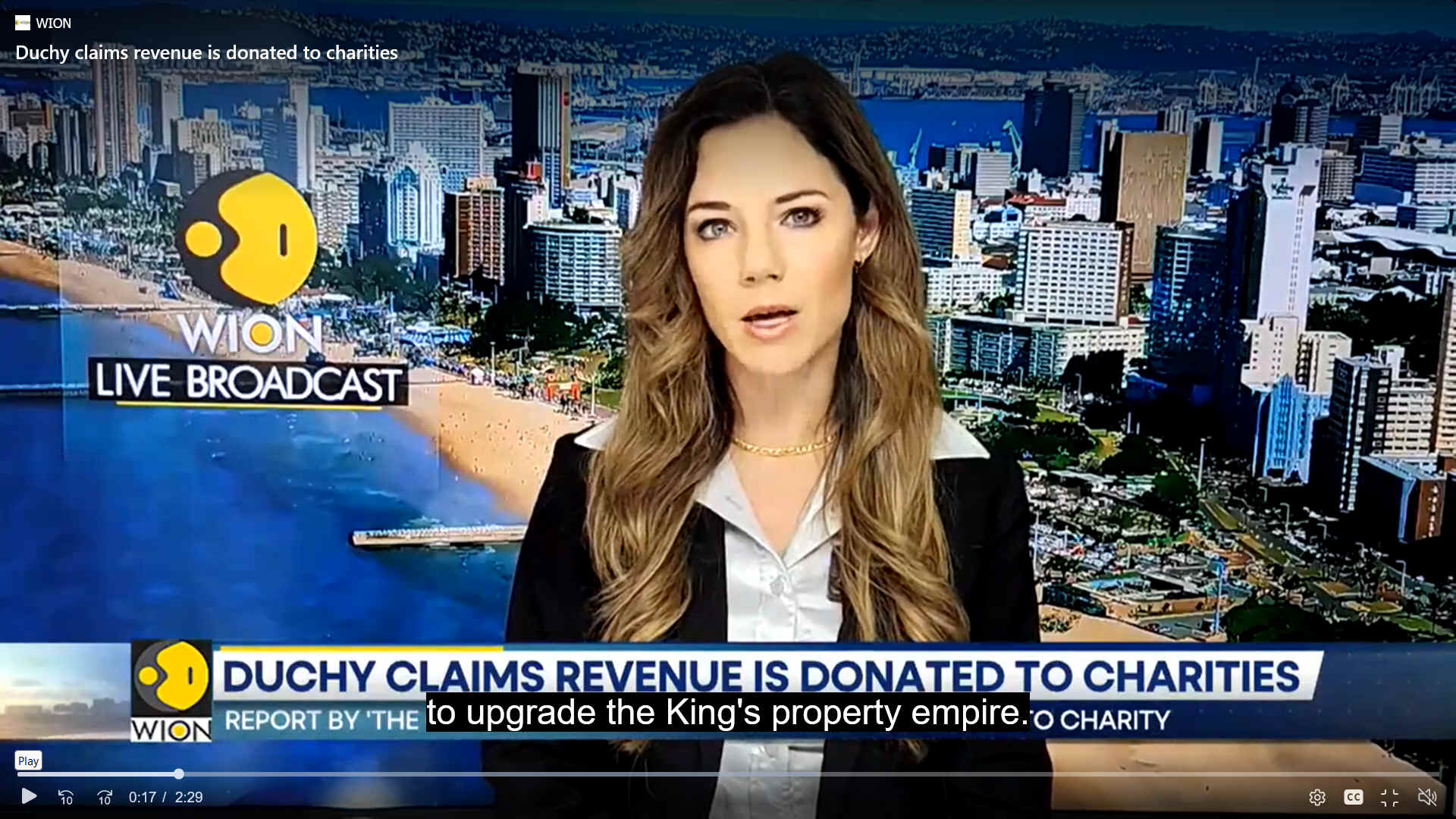
WHO
AND WHAT IS THE DUCHY OF LANCASTER?
The Chancellor of the Duchy of Lancaster administers the estates and rents of the Duchy of Lancaster, and is a member of the Cabinet. After the Prime Minister, he is the most senior minister in the Cabinet Office.
Responsibilities:
- Driving delivery of Government’s priorities
- Oversight of all Cabinet Office policy
- Oversight of civil contingencies & resilience (inc. COBR)
- National Security including Cyber Security
- Oversight of Cabinet Office business planning
- Oversight of Major Events
- Propriety and Ethics
- Oversight of Cabinet work on science, technology, and innovation
- Public Appointments
- Honours
- GREAT campaign
- National Security & Investment
Current role holder
- The Rt Hon Oliver Dowden CBE MP
Oliver Dowden CBE was appointed Chancellor of the Duchy of Lancaster on 25 October 2022. He was appointed Secretary of State in the Cabinet Office on 9 February 2023. He was additionally appointed Deputy
Prime Minister on 21 April 2023.
He was previously Minister without Portfolio, Cabinet Office between 15 September 2021 and June 2022, Secretary of State for Digital, Culture, Media and Sport between 13 February 2020 and 15 September 2021, Paymaster General and Minister for the Cabinet Office from 24 July 2019 to 13 February 2020, and Parliamentary Secretary at the Cabinet Office from 9 January 2018 to 24 July 2019.
He was elected Conservative MP for Hertsmere in May 2015.
PREVIOUS HOLDERS OF THE ROLE:
The Rt Hon Nadhim Zahawi MP
- 2022 to 2022
The Rt Hon Kit Malthouse MP - 2022 to 2022
The Rt Hon Steve Barclay MP
- 2021 to 2022
The Rt Hon Michael Gove MP
- 2019 to 2021
The Rt Hon David Lidington CBE
- 2018 to 2019
The Rt Hon Sir Patrick McLoughlin
- 2016 to 2018
The Rt Hon Oliver Letwin - 2014 to 2016
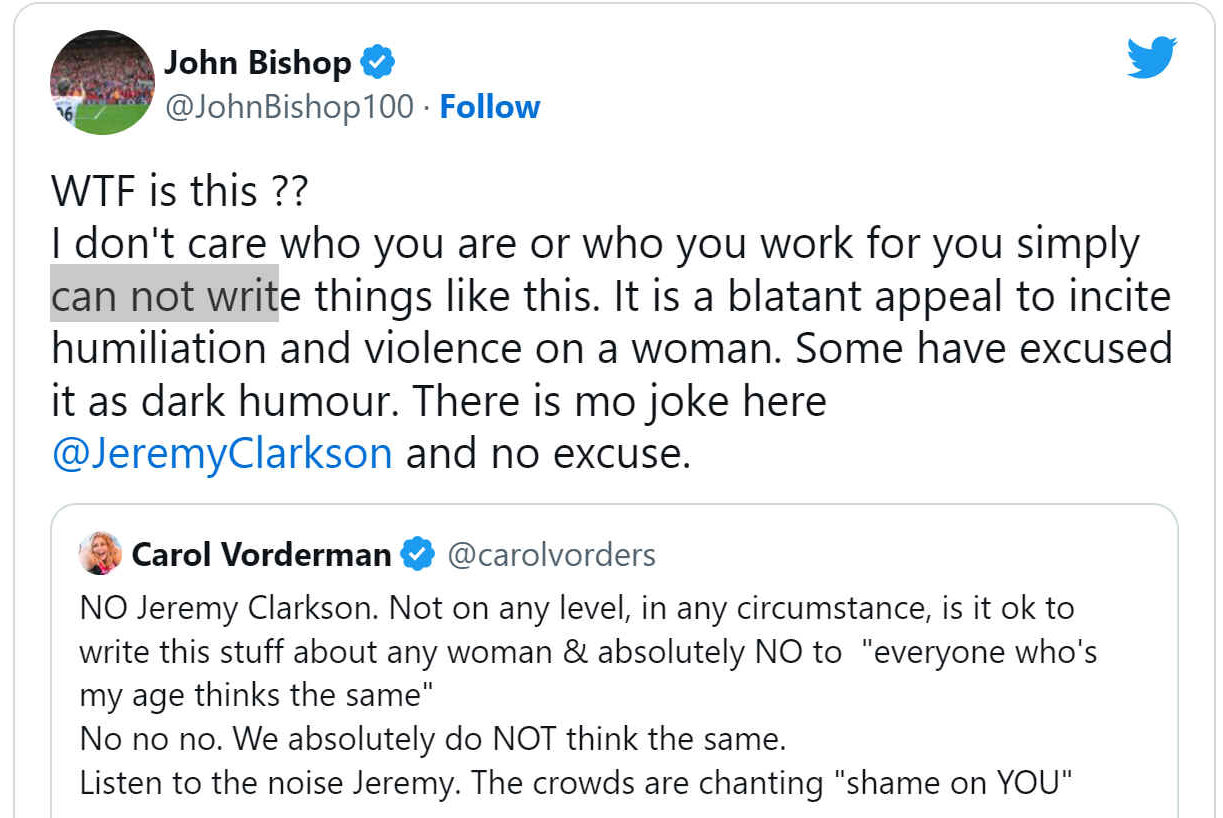
DAILY EXPRESS NOVEMBER 2023 - KING CHARLES'S ESTATE TO TRANSFER £100 MILLION AFTER 'COLLECTING MONEY FROM THE DEAD'
King Charles's estate has announced it is transferring more than £100million into ethical investment funds after significant backlash when it was revealed his estate was "collecting money from the dead".
The announcement came following an investigation that found a significant portion of the Duchy of Lancaster's funds came from people who died in north-west England with no will or next of kin.
An investigation by the Guardian found the funds had been used to renovate properties owned by the King - sparking backlash with the properties being rented out for a profit.
The funds were collected under the historic system of bona vacantia which means vacant goods will be passed to the Crown.
The duchy admitted that some bona vacantia revenues are financing the restoration of what it calls "public and historic properties".
There are also claims that another portion of bona vacantia funds are being given to its charities.
On Friday, a Royal Family spokesperson said: "In line with the king's longstanding support of ethical investing, the Duchy of Lancaster has begun the process of transferring its investment portfolio into ESG funds. This process is expected to be completed by the end of the financial year."
There has been suggestion that the King's estate may stop collecting bona vacantia funds or change how it is spent.
If it follows in the Duchy of Cornwall's footsteps, the funds would be put towards ethical investments.
Ben Faulkner, of the ethical investment company EQ Investors, said benchmarking against an index could mean replicating investments in the companies involved: "Using an index as a base for a replication strategy is very common, known widely as index tracking. When doing so you will typically have more invested in the biggest companies within the index you are tracking ... Shell is the largest listed company within the FTSE All-Share Index."
The charities the bona vacantia gives revenues to are the Duchy of Lancaster Benevolent Fund and Duchy of Lancaster Jubilee Trust.
Both charities accounts claim they aim for a £500,000 annual return from their investments.
In the last five years, the Duchy of Lancaster Benevolent Fund has made nearly £2m in income from its investment portfolio, while the Jubilee Trust has made £2.5million.
Story by Cally Brooks
[Meaning of course, that the investments were not ethical previously, and rasing questions about whitewashing, where the charities appear to belong to the King, allegedly?]
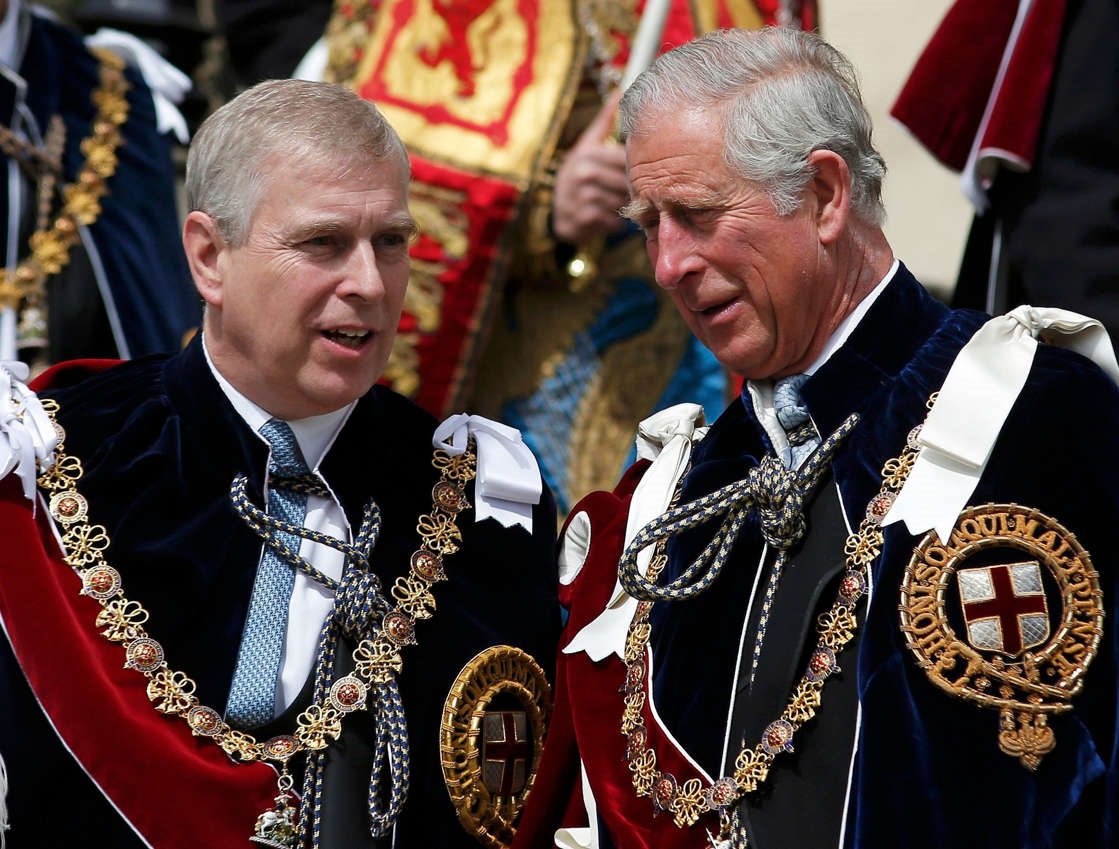
It
appears from the latest moves by the King, that he may not be either fit
enough, or have the spare mental capacity to deal with a complex range
of legal matters. Whereas, his mother, Queen Elizabeth is known to have dealt
with numerous complex matters herself, although shying away from helping
to resolve corruption at Wealden District
Council. Hence, even she was
thought to have been lacking when it came to issues that showed the
State to be wanting.
Dutch Prime Minister Mark Rutte apologized Monday 18 December 2022, on behalf of his government for the Netherlands’ historical role in slavery and the slave trade, despite calls for him to delay the long-awaited statement.
“Today I apologize,” Rutte said in a 20-minute speech that was greeted with silence by an invited audience at the National Archive.
Rutte went ahead with the apology even though some activist groups in the Netherlands and its former colonies had urged him to wait until July 1 of next year, the anniversary of the abolition of slavery 160 years ago. Activists consider next year the 150th anniversary because many enslaved people were forced to continue working in plantations for a decade after abolition.
He said the government would establish a fund for initiatives to help tackle the legacy of slavery in the Netherlands and its former colonies.
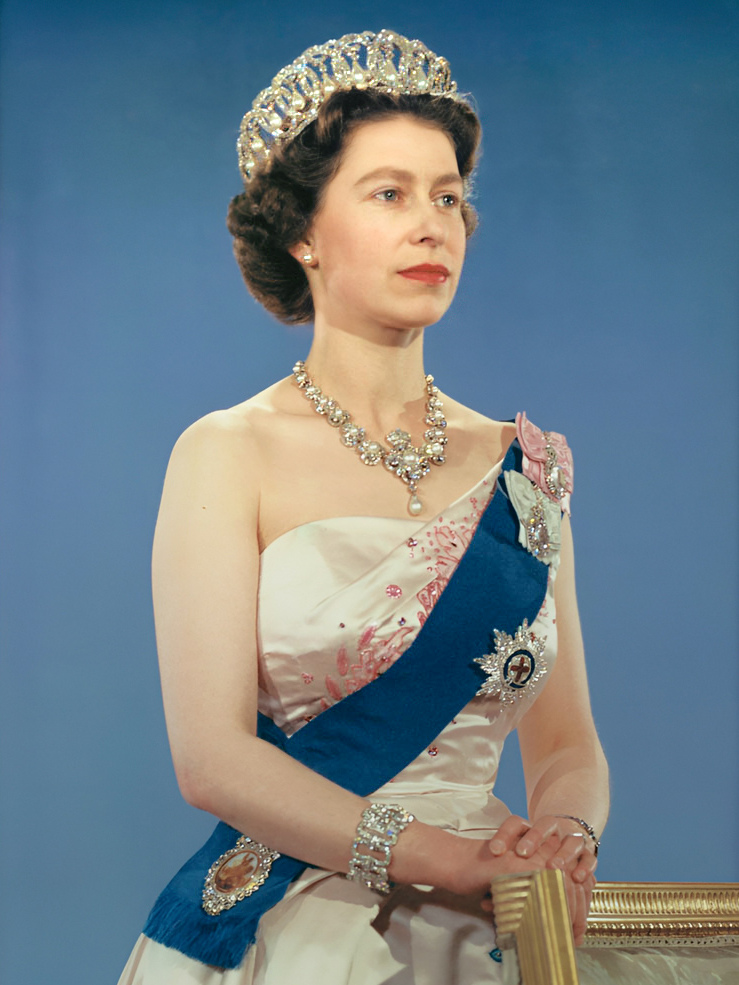
Corruption
lurks in every corridor of local and national buildings. Queen Elizabeth
was asked for help. She declined. The duty to provide an effective
remedy, now rests with King
Charles.
Incompatibility
in Human Rights terms, is where one statute does not comply with HR
statute. The European Convention does include Article 13, the right to
an effective remedy.
In
her lifetime, the Queen did not apologize for slavery in the British
colonies, or offer some form of assistance retrospectively. Britain’s leading Black newspaper called for the royal family to apologise and pay reparations for slavery amid backlash about Prince Charles' guest editing the paper.
Britain’s involvement in the transatlantic slave trade was an appalling atrocity that has left an “indelible stain” on the world, Prince Charles has acknowledged.
In June of 2022, Prince Charles told Commonwealth leaders he cannot describe "the depths of his personal sorrow" at the suffering caused by the slave trade.
Speaking in Rwanda, he said the potential of the family of nations could only be realised by acknowledging the wrongs that had "shaped our past".
Charles added it was up to states to decide if they remained monarchies or became republics in the future.
There was no apology as such for Britain's participation in the slave trade.
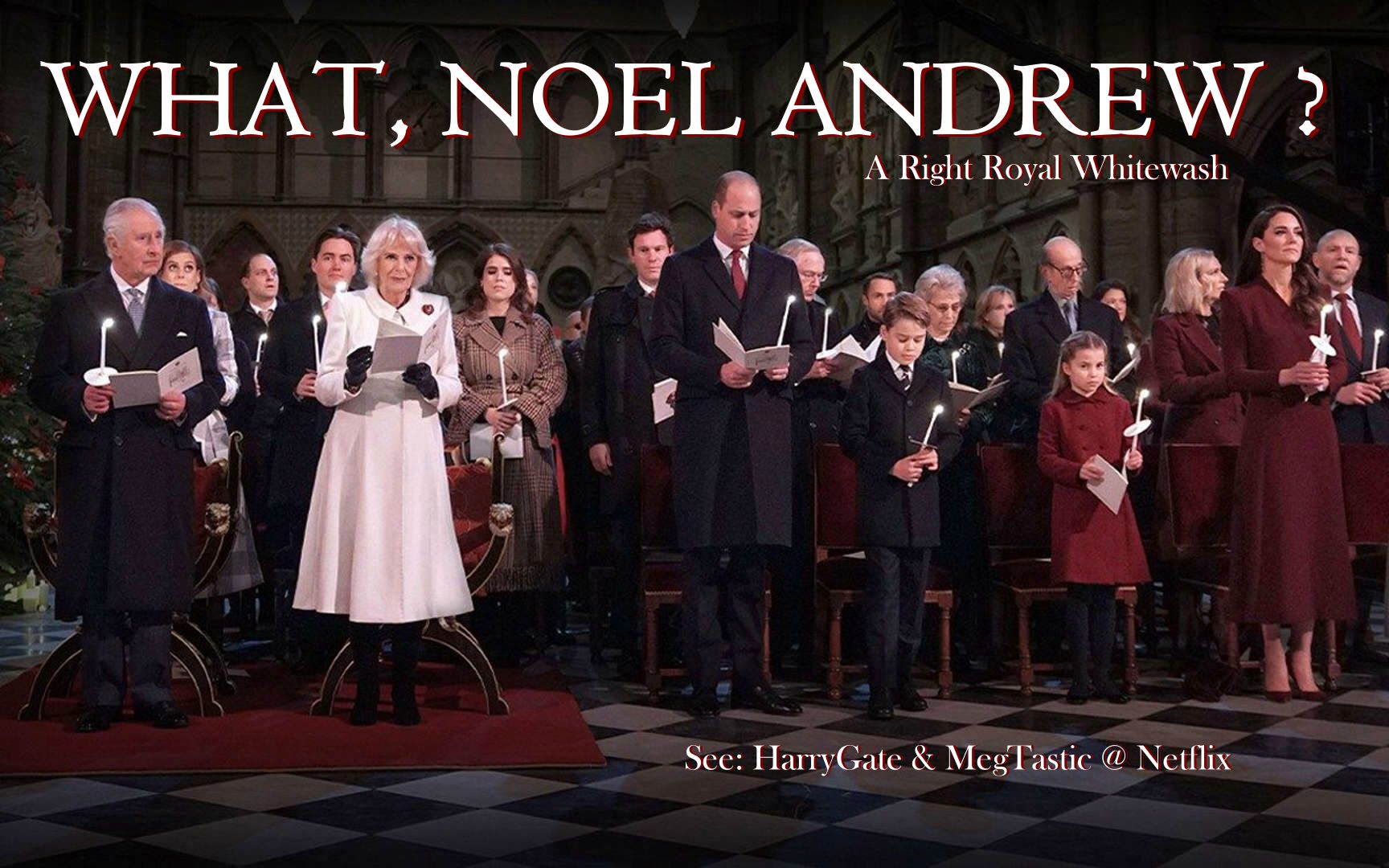
|




